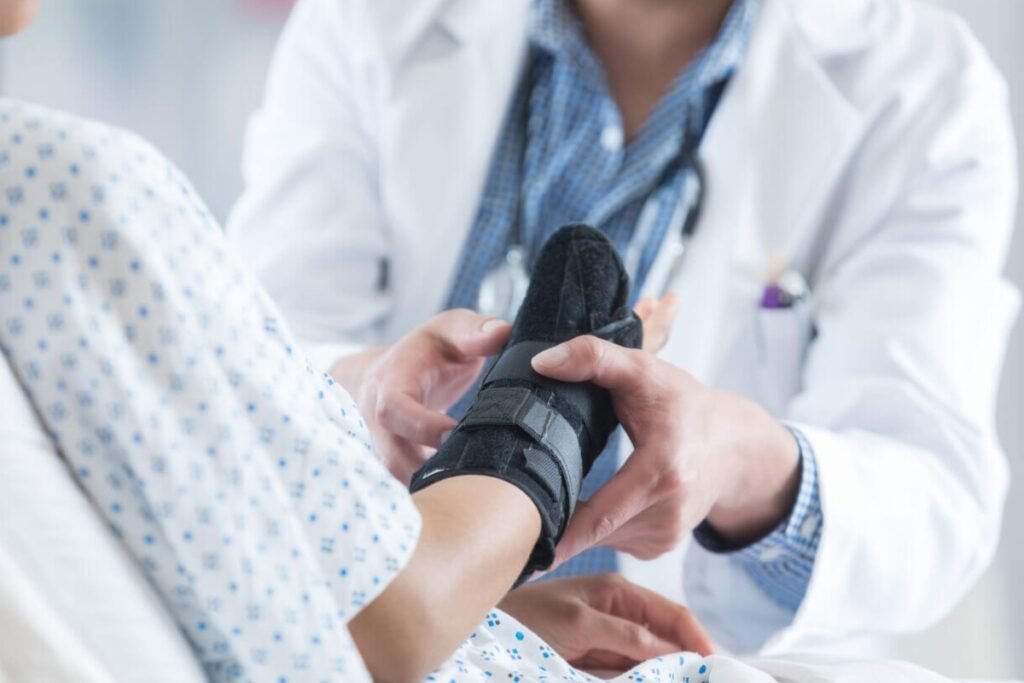Source – BioSenic
A Phase II b study of ALLOB, a stem cell-derived treatment intended to quicken bone fracture repair, has been put on hold by Belgian company BioSenic after it failed to demonstrate effectiveness.
While BioSenic reconsiders the timing of ALLOB for bone repair, the project has been put on pause. However, in the meanwhile, the business has been concentrating on its second clinical-stage candidate for graft versus host disease (GVHD).
Osteoblasts, which are involved in generating new bone material, are the basis for ALLOB, a cell treatment. It was once created by Bone Therapeutics, which, after running out of money, merged back into Medsenic to become BioSenic last year.
In the 57-patient phase II b study of ALLOB, the treatment was ineffective to hasten the healing of tibia (shin bone) fractures in individuals whose fractures were taking longer than anticipated to knit together. Contrarily, according to the biotech, administration of ALLOB after 3.5 to 7 months did provide signs of speedier recovery in a prior phase 2a research.
When BioSenic revised the clinical trial protocol last year to reduce the number of study participants and set a new clinical significance threshold that it claimed was more “objective” and would also give it an earlier readout on the program’s viability, there were indications that BioSenic might be unsure about the prospects for ALLOB.
The company is not revealing much about the data at this time other than to say that the therapy’s safety was “excellent,” but according to chief executive Lieven Huysse, the body of evidence currently indicates that ALLOB should be delivered “outside the acute early post-traumatic inflammatory period.”
There were hints that BioSenic might be unsure about the prospects for ALLOB when it revised the clinical trial protocol last year to reduce the number of study participants and set a new clinical significance threshold that it claimed was more “objective” and would also give it an earlier readout on the program’s viability.
As of right now, the company isn’t disclosing much about the data other than to say that the therapy’s safety was “excellent,” but according to chief executive Lieven Huysse, the body of evidence currently suggests that ALLOB should be administered “outside the acute early post-traumatic inflammatory period.”





























